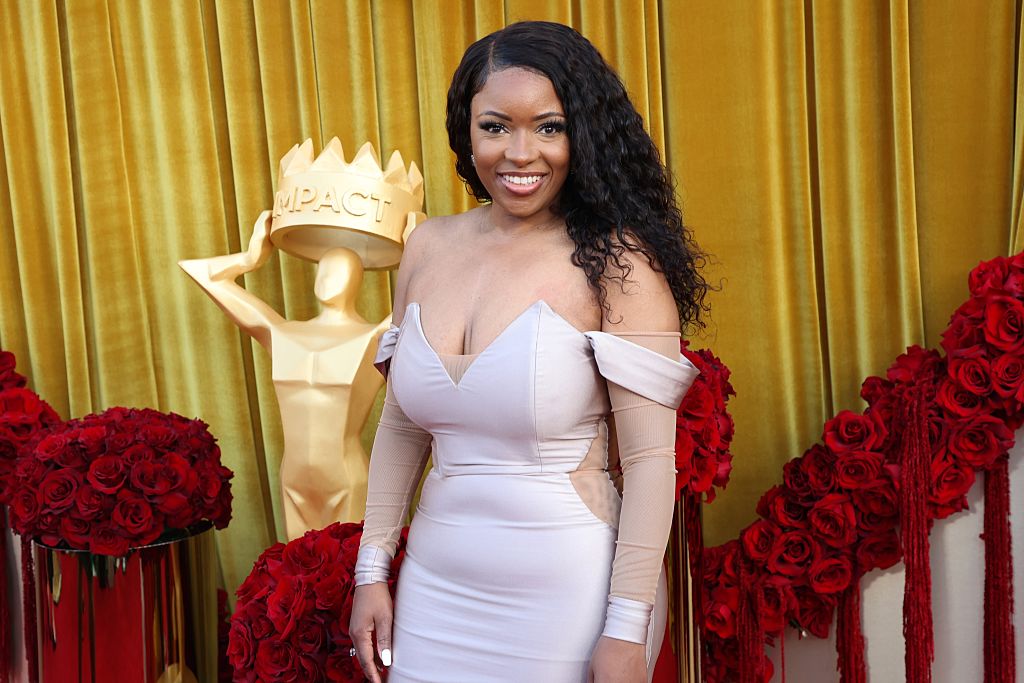Obama Will Meet With Congressional Black Caucus
President Barack Obama may be in familiar company when he sits down for his first White House meeting with the Congressional Black Caucus, but it won’t be a clubby reunion.
Members of the liberal, all-Democratic caucus that just last year counted Obama as one of its own say they plan to press him on their priorities. The session could rekindle lingering differences Obama has had with the group, which hasn’t always embraced his approach to politics.
It hasn’t slipped some caucus members’ attention, for example, that Obama first hosted congressional Republicans and the conservative Blue Dog Democrats in his push toward the political middle. They say it’s their job to ensure he remains true to certain priorities, such as fixing inner-city poverty, that he once faced as a community organizer in Chicago.
“He knows these issues, but I think it’s very important that no group is taken for granted,” said Rep. Corrine Brown, D-Fla. “It doesn’t matter who is president … if you’re not in the room, your interests will be left on the table.”
Without question, Brown and other African-American lawmakers say they are thrilled to have Obama in the White House, not just because he is the first black president but because his agenda aligns with theirs far more than former President George W. Bush’s did.
In turn, Obama relies partly on the organization’s largely black constituents, who were a big factor in his presidential win.
Any differences between Obama and the caucus are overblown, said the group’s chairwoman, Rep. Barbara Lee, D-Calif. “His agenda is our agenda,” she said.
“We are working with the president, and we want to make sure his agenda is supported,” she said.
Story continues below
Yet Obama maintained a distant relationship with the caucus when he was its only Senate member from 2004-08. That dynamic was on display early in the Democratic presidential primary, when many senior caucus members initially backed Hillary Rodham Clinton even as Obama quickly became viable as a candidate.
Those lawmakers eventually endorsed Obama, some realizing it could cost them politically if they didn’t.
Lee and others declined to discuss specific policy items that may come up at the meeting, which the caucus routinely holds with the president at the start of a new Congress. The list is likely to include concerns about the continued wars in Iraq and Afghanistan, diversity in administration jobs, the 2010 census and more help for homeowners facing foreclosure.
The caucus already has demonstrated it will challenge Obama if he strays from its priorities.
Members were quick to question the wisdom of Obama’s failed appointment of Republican Sen. Judd Gregg as commerce secretary. They were wary of the New Hampshire conservative and whether he would ensure a full counting of minorities in the upcoming census, which is conducted under the Commerce Department’s jurisdiction. Those concerns in part led Obama to announce that the White House would be more involved in directing the Census.
The Congressional Black Caucus also lent critical support to former Illinois Gov. Rod Blagojevich’s appointment of Roland Burris, who is black, to fill Obama’s vacant Senate seat, even as the new administration and other leading Democrats resisted the move. In part, caucus members argued it was important to have at least one black senator.
Earlier this week, when the president convened a summit on reducing spending, Lee warned the White House about balancing the budget “on the backs of the most vulnerable Americans.”
“We will continue to speak out for those who have been disenfranchised,” Lee said in an interview. “That’s our job.”
It wasn’t clear if Burris _ who is resisting calls to resign _ would attend the meeting.















